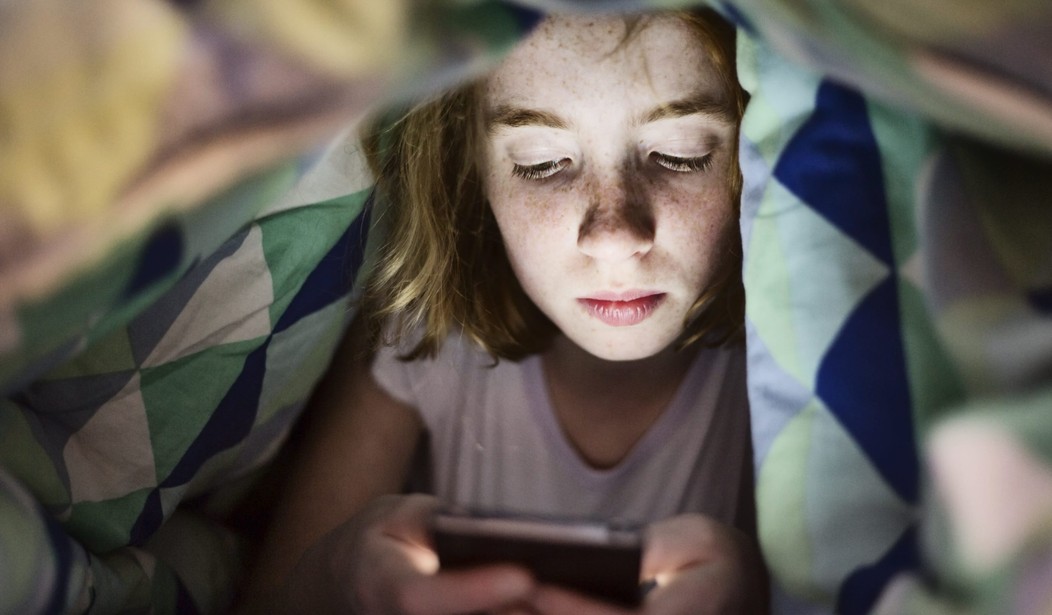“Yes,” according to psychology professor Jean Twenge, who says that the smartphone and social media are the cause:
SAN DIEGO (AFP) –
San Diego State University psychology professor Jean Twenge sees smartphones and social media as raising an unhappy, compliant “iGen.”
QUESTION: What is the iGen?
ANSWER: The iGen is the generation born in 1995 and later, and they’re the first generation to spend their entire adolescence in the age of the smartphone. They spend a lot more time online, on social media and playing games, and they spend less time on non-screen activities like reading books, sleeping or seeing their friends in face-to-face interactions.
Those children are growing up more slowly. By the age of 18, they are less likely to have a driver’s licence, to work in a paying job, to go out on dates, to drink alcohol or to go out without their parents compared to teens in previous generations….
Around 2011 and 2012, I started to see more sudden changes to teens, like big increases of teens feeling lonely or left out, or that they could not do anything right, that their life was not useful, which are classic symptoms of depression.
Depressive symptoms have climbed 60 percent in just five years, with rates of self-harm like cutting (themselves) that have doubled or even tripled in girls. Teen suicide has doubled in a few years.
Right at the time when smartphones became common, those mental health issues started to show up. That change in how teens spend their time is so fundamental for mental health. We know, from decades of research, that getting enough sleep and seeing friends in person is a good recipe for mental health and that staring at a screen for many hours a day is not.
I think technology is part of the problem, but it is also the professors, parents and society that don’t allow kids to fail and feel okay. Everyone is supposed to be a famous superstar and if you can’t make it in Hollywood, you make it online with Instagram etc. Teens have such high expectations of themselves on one hand and a limited ability for hard work and perseverance on the other that it is no wonder they feel distraught.
This discrepancy between what teens think they should be and what they are sets them up for depression and mental instability. Add in no real-world experience and a lack of ability to handle failure and you have a recipe for an unhappy life.









Join the conversation as a VIP Member